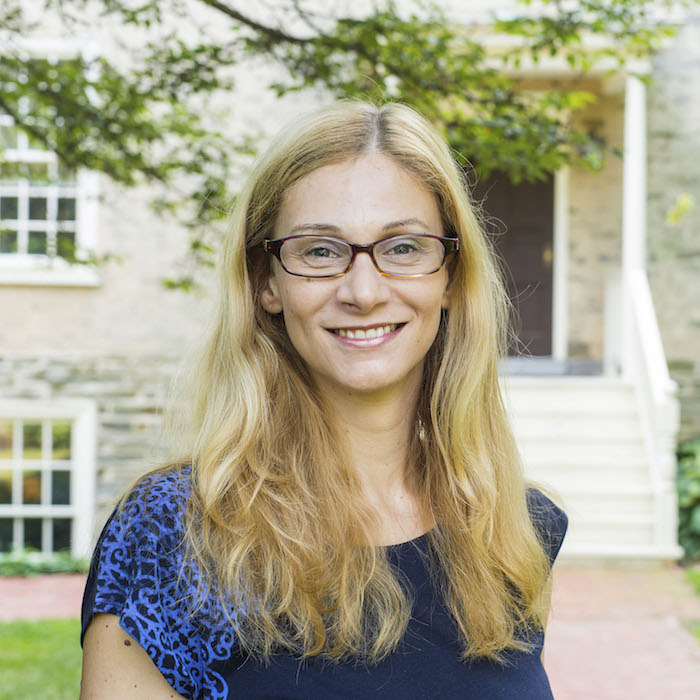
Jia Hui was a Visiting Assistant Professor of Anthropology at Haverford College, in Pennsylvania (Lenapehoking), USA, where he was also the Andrew W. Mellon Fellow in the John B. Hurford '60 Center for the Arts and Humanities. His research focuses on the social, cultural, and political dimensions of scientific processes and technological innovation. Using ethnographic and historical research methods, he examines knowledge production, particularly in postcolonial places, and how people invent, innovate, undermine, and repurpose technology.
His current research project is a historically informed ethnography of various human-rodent encounters in zoological research, animal training, and pest management schemes in Tanzania. It explores how more-than-human encounters in East Africa are crucial sites for generating theories and critiques that offer what Sylvia Wynter calls counterhumanist (instead of posthuman) visions of being "human" in the 21st-century. The project was funded by the Wenner-Gren Foundation and British Institute in Eastern Africa.
He has presented work and written articles on the history of rodent control in colonial Tanganyika, multispecies ethnography, environmental history, and Tanzanian science and technology. He is part of an international research group on “Contested Truths around COVID-19”, which examines the contestation of public health claims by grassroots and civil society actors in East Africa. He is also the co-editor of Engagement, a site that publishes essays, photographs, film, and interviews on environmental anthropology. His ethnographic fieldwork experience includes sensing practices in France, multispecies and more-than-human relations in Tanzania, and gender/sexuality movements in Malaysia. He works in English, Bahasa Malaysia, and Kiswahili.
He received his PhD from the Massachusetts Institute of Technology (MIT), where he was a Walter A. Rosenblith Presidential Fellow. His research has been supported by the MIT Center for International Studies and the MIT International Science and Technology Initiatives. He also has a MPhil from the University of Cambridge as a Paul Williams Scholar and a BA from Harvard University.















